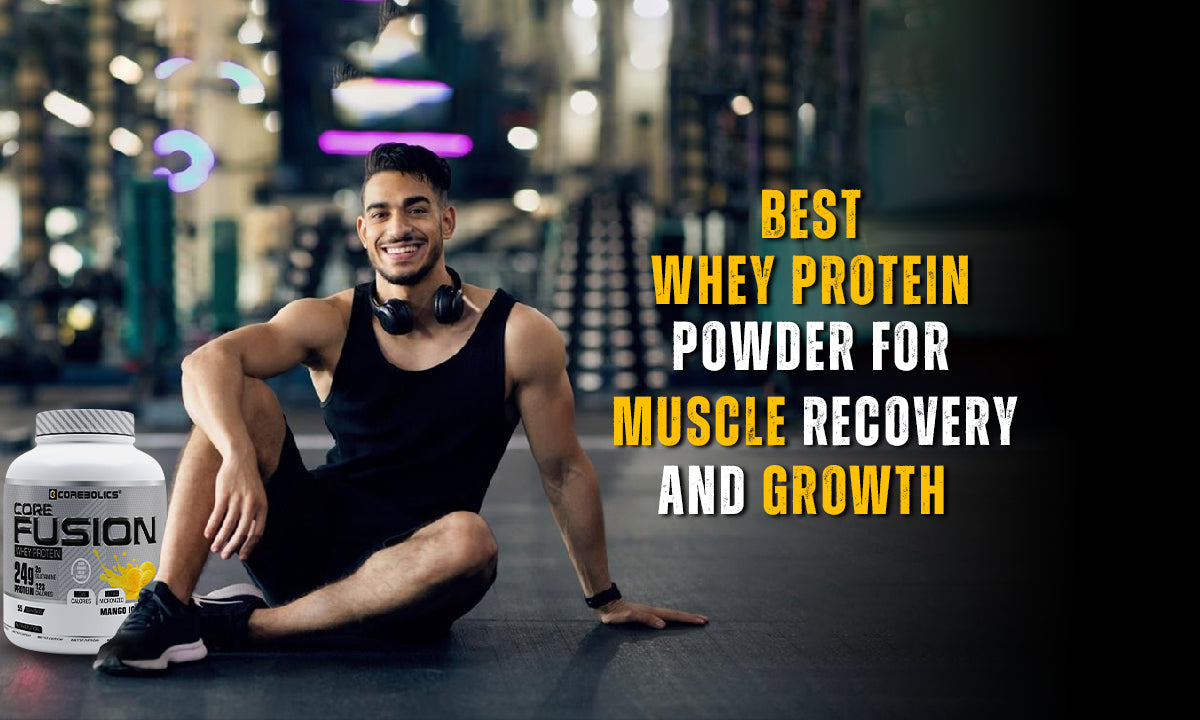
Creatine and Caffeine - The Miracle Combo
Share
Creatine and Caffeine are supposedly as per new studies the Supplements for elite soccer players that help to improve performance.
As per the latest research published in the Journal of the International Society of Sports Nutrition, a team of researchers associated with the Portuguese Football Federation and the University of Porto have concluded the following.
What Really Works for Athletes
Elite athletes involved in ongoing training and competition have limited time to participate in studies, meaning results from research done with lesser trained athletes usually must be extrapolated. Will an ingredient that helps a casually trained individual really move the needle for an athlete who is already near the peak of his or her potential?
To try to answer that question specifically for soccer players, the Portuguese team devised a study filter that sought out studies done only with elite players, both men and women.
The research team found over a 1000 records to consider. After applying their filters, which included along with player levels that the studies must be in English and must have placebo controls, they were left with over 100 studies for further review.
They ended up with 18 studies to be included in the final review, which covered 307 elite players (244 men and 63 women).
In addition to caffeine and creatine, the researchers evaluated studies that used beetroot juice, tart cherry juice, carbohydrate/electrolyte sports drinks, protein, sodium bicarbonate with minerals and a proprietary nutraceutical formula.

Caffeine, Creatine had Most Data
Caffeine in various delivery forms was the most studied ingredient. Studies used caffeinated beverages, capsules and caffeinated chewing gum.
Among the effects observed were higher average top speeds in a repeated sprint test, better performance on a jump test and more distance covered at speeds ranging from a brisk run to sprinting in real and simulated matches.
The latter measure was particularly striking as two of the caffeine studies found the caffeine groups significantly outran their control peers. In the study using GPS measures from an actual match, the players using caffeine performed on the average 30 sprints vs. 24 in the control group. In the study using a simulated match protocol, which was of shorter duration than an actual match, the figures were 21 (caffeine group) and 16 (control group).
The creatine studies found a benefit in anerobic measures, improving short-distance sprint times. The studies also found a benefit of preserving sprint times after repeated sprints, with the placebo group slowing down more than the creatine-supplemented players.

Other ingredients showed promise, but had less data
The other ingredients were represented only by single studies in the review; thus, the benefits were less supported by overall data, the researchers said. The protein studies predominantly showed benefits in helping players maintain performance in the face of fatigue. The supplemented players neither ran faster nor jumped higher than their peers.
The beetroot juice study and tart cherries studies followed in that vein, with the supplementation interventions working to prevent erosion of performance in the face of fatigue, rather than providing an absolute boost.
The sodium bicarbonate study did find a reduction in total time over an anaerobic sprint test, which is similar to findings using this intervention in other sports. The challenge with this intervention has always been finding a way to ingest a high enough dosage without inducing unacceptable gastrointestinal issues.
“The results of this systematic review may contribute to increasing confidence in using dietary supplements such as creatine monohydrate, protein, and caffeine. Nitrate and tart cherry supplementation, typically available in the form of drinkable concentrates, should be evaluated mindfully, as its efficacy depends on several factors,” the researchers concluded.





